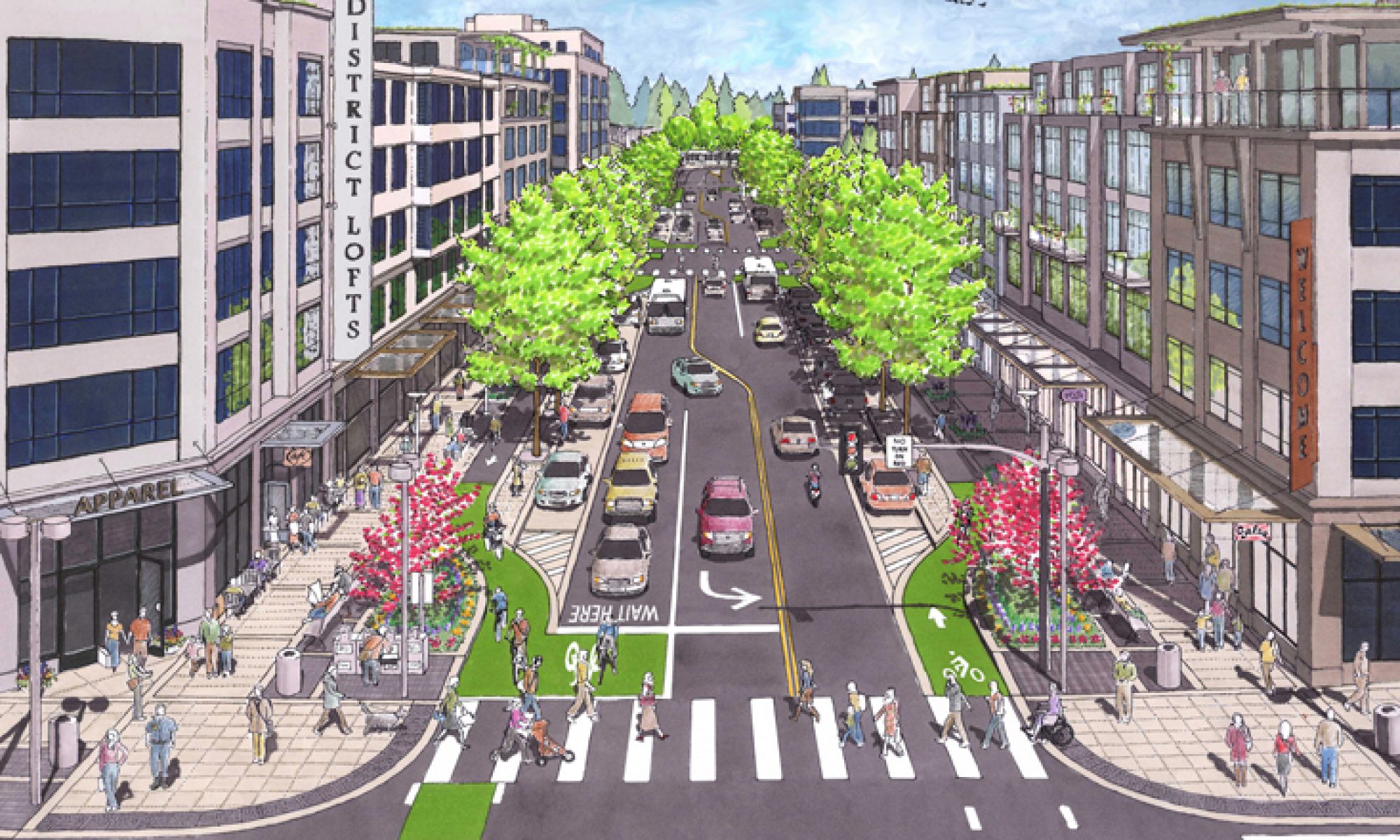Asbury Park is perfectly designed to support alternatives to cars. Bike share, scooter share, electric car share, jitneys, pedicabs, and more.
This article in The New Yorker, in addition to recent articles in The New York Times, The Washington Post, The Atlantic, and other respected and well- known publications tells the history and social, health and environmental impacts of automobiles in this country. It has become clearer that we need to address the problem of #toomanycars.
“The road has emerged as the setting for our most violent illustrations of systemic racism, combustion engines have helped create a climate crisis, and the quest for oil has led our soldiers into war.”
The “Automobile Era” was ushered in by men who saw a way to make a lot of money hustling Americans into thinking that everyone needed, and everyone could afford a car, and that vehicles represented freedom and our very identity.
This author quotes the stats: “Since 1899, more than 3.6 million people have died in traffic accidents (*Let’s make sure we NEVER say “accident”. They’re CRASHES.*) in the United States, and more than eighty million have been injured; pedestrian fatalities have risen in the past few years.”
“In 2018 alone, an estimated 40,000 people lost their lives to car crashes.” Since 1990 1 million people have been killed in car crashes.”
The environment has suffered irreparably from automobile emissions, and from our dependence on gas and oil. Human health has been adversely affected with particulates in the atmosphere.
Let’s keep working toward a car-free Asbury Park.

Was the Automotive Era a Terrible Mistake?
For a century, we’ve loved our cars. They haven’t loved us back.

READ IT:
https://www.newyorker.com/magazine/2019/07/29/was-the-automotive-era-a-terrible-mistake









